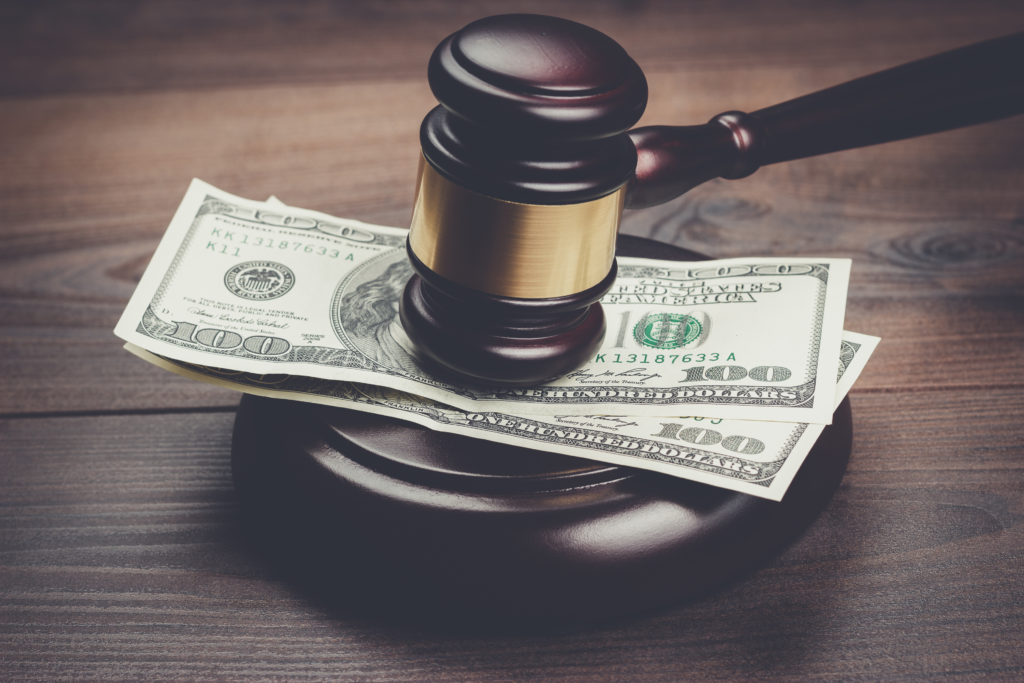Many business owners suffer losses caused by the negligence or wrongful actions of others. While monetary compensation can provide some relief, it may not always be sufficient to fully rectify the harm suffered. This article explores the nuances of business litigation with emphasis on the legal options that extend beyond mere financial restitution.
Understanding Damages
Damages represents the monetary compensation awarded to address the harm or loss caused by the wrongful actions of another party. Whether it involves a breach of contract, tortious conduct, or any other legal claim, seeking damages can help restore the injured party to their rightful position. In the context of business litigation, this includes:
1. Compensatory Damages
Compensatory damages seek to reimburse the actual losses suffered by the plaintiff as a result of the defendant’s actions. These damages encompass various elements, including lost profits, property damage, and damages arising from breach of contract. When the plaintiff has incurred quantifiable financial losses, the court typically awards compensatory damages to restore them to their original position. For example, if a supplier breaches a contract with a retailer, resulting in substantial financial losses for the retailer, compensatory damages may be awarded to cover the actual losses incurred.
2. Punitive Damages
Punitive damages are intended to punish the defendant for their actions and deter similar misconduct in the future. These damages are typically granted in cases involving severe misconduct or intentional wrongdoing. However, it is important to note that punitive damages should be reasonably related to the harm likely to result from the defendant’s conduct.
3. Nominal Damages
Nominal damages involve the award of a small sum of money to the plaintiff, acknowledging that they were legally wronged by the defendant, even if no actual financial loss was incurred. This type of damages serves to recognize and address the harm caused by the defendant’s actions. For instance, if a company uses a trademark owned by another business without permission, nominal damages may be awarded to acknowledge the infringement and the harm caused.
What Are Remedies in Business Litigation?
In addition to damages, there are also other legal remedies which may be pursued to rectify or prevent further harm caused by the defendant. These remedies go beyond monetary compensation, providing additional forms of relief to the plaintiff.
1. Injunctive Relief
Injunctive relief is a powerful remedy sought to prevent the defendant from continuing actions that cause harm to the plaintiff. For example, if a defendant is using a trademark that is confusingly similar to the plaintiff’s, injunctive relief can be pursued to force the defendant to cease using the trademark. Injunctive relief can also be sought in cases involving violations of non-compete agreements, which restrict certain business activities within a specified geographic area and timeframe. The court evaluates various factors to determine whether injunctive relief is warranted, including the likelihood of success on the merits, likelihood of irreparable harm, balance of hardships, and public interest.
2. Specific Performance
Specific performance is another remedy which can be taken when the plaintiff wants the defendant to fulfill a contractual obligation that they have failed to meet. While monetary damages are often the primary form of relief in breach of contract cases, specific performance offers an alternative recourse for plaintiffs seeking the actual performance of the contract rather than mere financial compensation. The court carefully considers factors such as the nature of the contract, feasibility of performance, availability of substitutes, balance of hardships, and public interest when deciding whether to grant specific performance.
Consulting a Business Litigation Attorney
Consulting a business litigation attorney can provide valuable guidance and ensure a thorough understanding of the available options and remedies to protect your business.
What Does a Business Litigation Attorney Do?
A business litigation attorney provides comprehensive legal representation and guidance to businesses involved in complex legal disputes. A litigation attorney in Los Angeles handles a wide range of cases, including contract litigation, fraud litigation, and business debt collection. With keen legal acumen, business litigation attorneys serve as trusted advisors, providing strategic advice to businesses taking proactive steps against business litigation and representation to those embroiled in complex legal battles.
Reserve Rights Attorneys, PC is California’s Top Business Litigation Law Firm
Reserve Rights Attorneys, PC stands as California’s top business litigation law firm. With years of experience in corporate regulatory compliance and business litigation, our firm can offer unparalleled advice and representation to safeguard you and your business.





